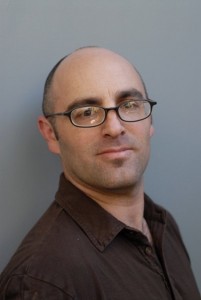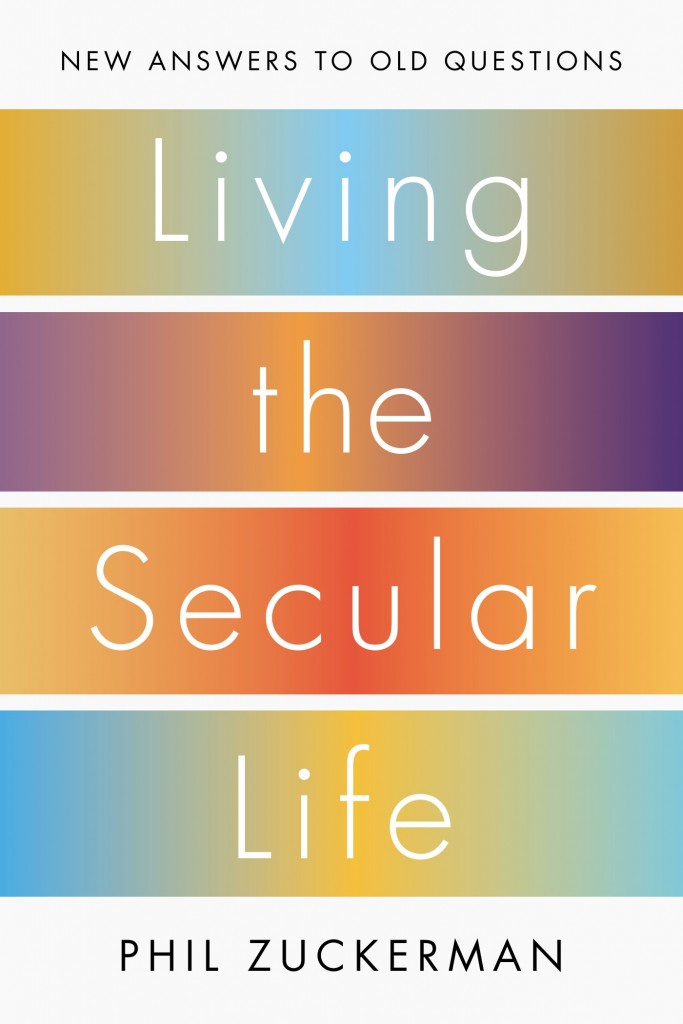Columnist David Brooks explores the rise of secularism in a February 3 New York Times op-ed piece, “Building Better Secularists,” challenging the idea that secularism (encompassing atheism, agnosticism and being “without religious affiliation”) is a simple absence of faith, focusing specifically on points made by sociologist Phil Zuckerman in his book, “Living the Secular Life”:
Zuckerman argues that secular morality is built around individual reason, individual choice and individual responsibility. Instead of relying on some eye in the sky to tell them what to do, secular people reason their way to proper conduct.
Secular people, he argues, value autonomy over groupthink. They deepen their attachment to this world instead of focusing on a next one. They may not be articulate about why they behave as they do, he argues, but they try their best to follow the Golden Rule, to be considerate and empathetic toward others. “Secular morality hinges upon little else than not harming others and helping those in need,” Zuckerman writes.
Brooks asserts that it’s not that easy. Secularists, in the absence of faith traditions, must build their own moral philosophies, communities, Sabbaths and “moral motivation”:
It’s not enough to want to be a decent person. You have to be powerfully motivated to behave well. Religious people are motivated by their love for God and their fervent desire to please Him. Secularists have to come up with their own powerful drive that will compel sacrifice and service.
Secularism, Brooks says, is based in the idea that humans are rational creatures, which they are not – therefore, secularism must embrace and inspire emotion as well as thought:
Christianity doesn’t rely just on a mild feeling like empathy; it puts agape at the center of life, a fervent and selfless sacrificial love. Judaism doesn’t just value community; it values a covenantal community infused with sacred bonds and chosenness that make the heart strings vibrate. Religions don’t just ask believers to respect others; rather each soul is worthy of the highest dignity because it radiates divine light.
The only secularism that can really arouse moral motivation and impel action is an enchanted secularism, one that puts emotional relations first and autonomy second. I suspect that over the next years secularism will change its face and become hotter and more consuming, less content with mere benevolence, and more responsive to the spiritual urge in each of us, the drive for purity, self-transcendence and sanctification.
Is secularism truly divided from a faith of some kind? Does faith require belief in God? Does Brooks simplify morality? What do you think?
Susan Jacoby’s NYT review of Zuckerman’s book is here.
Zuckerman blogs on the secular life at Psychology Today.


Posted by Cara Ellen Modisett

